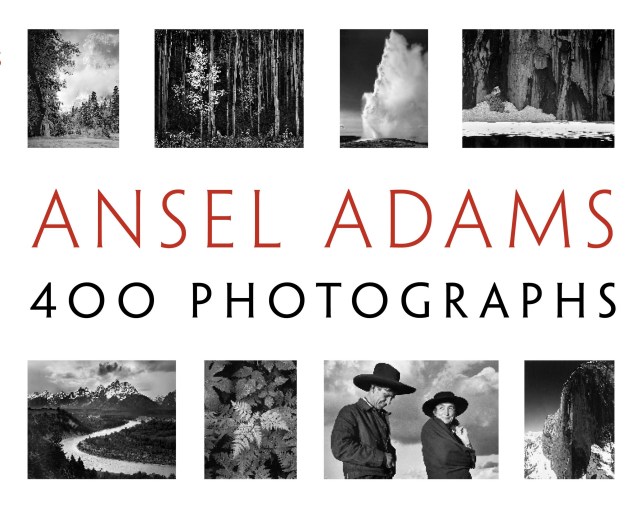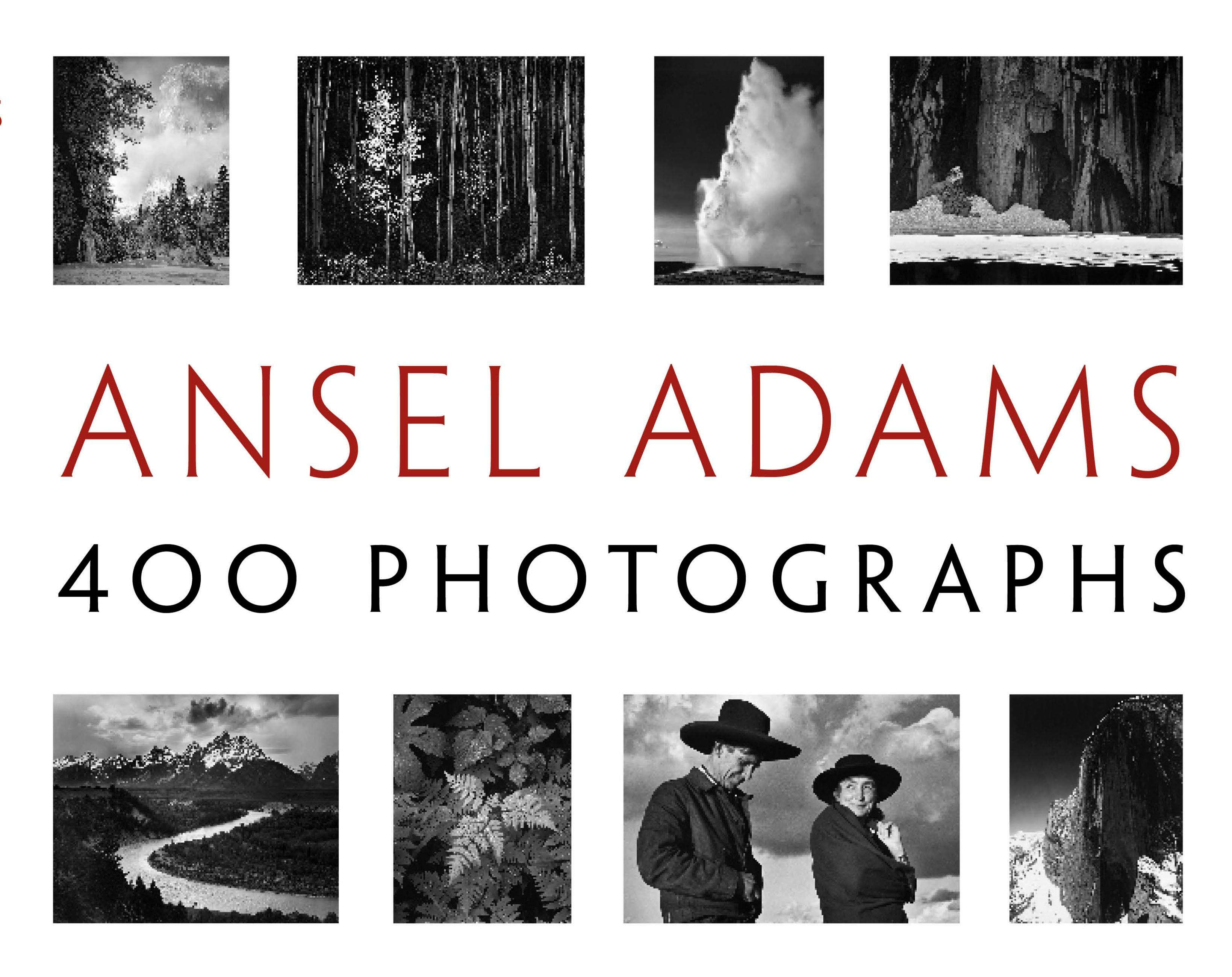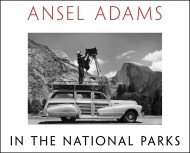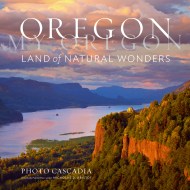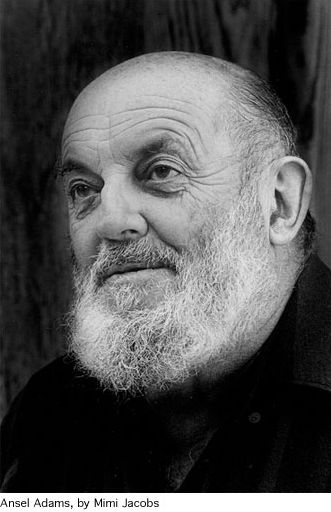By clicking “Accept,” you agree to the use of cookies and similar technologies on your device as set forth in our Cookie Policy and our Privacy Policy. Please note that certain cookies are essential for this website to function properly and do not require user consent to be deployed.
Ansel Adams: 400 Photographs
Contributors
Edited by Andrea G. Stillman
By Ansel Adams
Formats and Prices
- On Sale
- Oct 29, 2013
- Page Count
- 440 pages
- Publisher
- Ansel Adams
- ISBN-13
- 9780316400794
Price
$39.99Price
$50.99 CADFormat
Format:
- Trade Paperback $39.99 $50.99 CAD
- Hardcover $60.00 $75.00 CAD
This item is a preorder. Your payment method will be charged immediately, and the product is expected to ship on or around October 29, 2013. This date is subject to change due to shipping delays beyond our control.
Buy from Other Retailers:
Ansel Adams: 400 Photographs presents the full spectrum of Adams’ work in a single volume for the first time, offering the largest available compilation from his legendary photographic career. Beautifully produced and presented in an attractive landscape trim, Ansel Adams: 400 Photographs will appeal to a general gift-book audience as well as Adams’ legions of dedicated fans and students.
The photographs are arranged chronologically into five major periods, from his first photographs made in Yosemite and the High Sierra in 1916 to his work in the National Parks in the 1940s up to his last important photographs from the 1960s. An introduction and brief essays on selected images provide information about Adams’ life, document the evolution of his technique, and give voice to his artistic vision.
Few artists of any era can claim to have produced four hundred images of lasting beauty and significance. It is a testament to Adams’ vision and lifetime of hard work that a book of this scale can be compiled. Ansel Adams: 400 Photographs is a must-have for anyone who appreciates photography and the allure of the natural world.
The photographs are arranged chronologically into five major periods, from his first photographs made in Yosemite and the High Sierra in 1916 to his work in the National Parks in the 1940s up to his last important photographs from the 1960s. An introduction and brief essays on selected images provide information about Adams’ life, document the evolution of his technique, and give voice to his artistic vision.
Few artists of any era can claim to have produced four hundred images of lasting beauty and significance. It is a testament to Adams’ vision and lifetime of hard work that a book of this scale can be compiled. Ansel Adams: 400 Photographs is a must-have for anyone who appreciates photography and the allure of the natural world.
-
"a book that is certain to offer inspiration for years to come"Shutterbug magazine, 2007
Newsletter Signup
By clicking ‘Sign Up,’ I acknowledge that I have read and agree to Hachette Book Group’s Privacy Policy and Terms of Use
